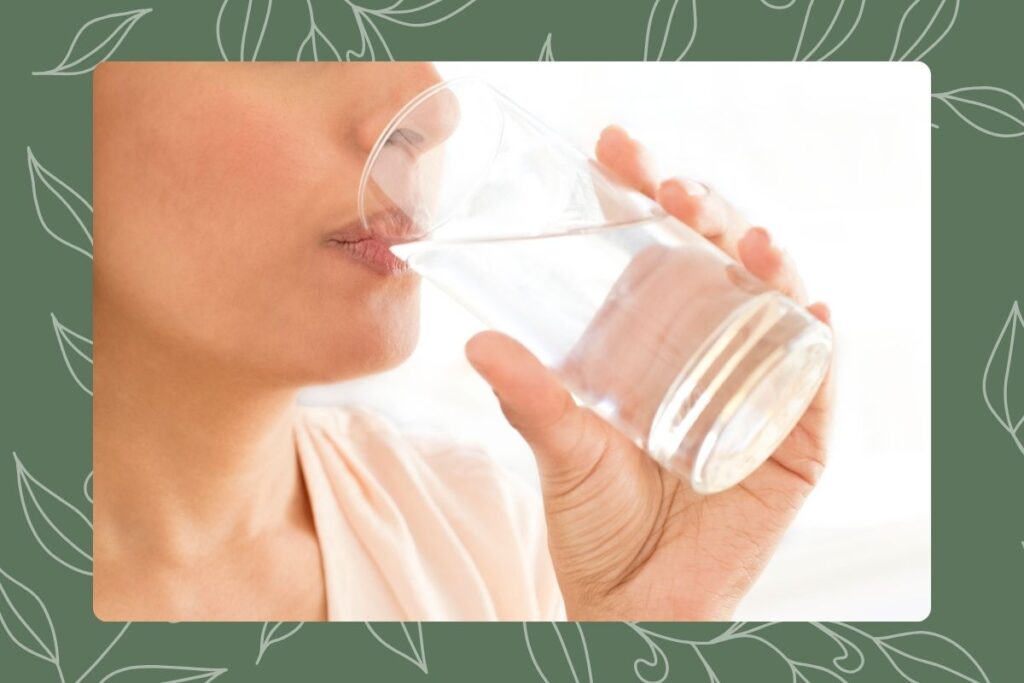The Role of Hydration in Skin Health

Key Takeaways
- Hydration is crucial for maintaining skin elasticity, reducing wrinkles, and enhancing overall skin health.
- Both the internal hydration, by drinking water, and the external one, using topical products, are equally necessary for optimal skin care.
- Lifestyle factors such as diet, environmental exposure, and personal habits have a significant impact on skin hydration.
- Innovative spa treatments like HydraFacials and custom medical facials can be performed to hydrate deeply, thus improving skin vitality.
Hydration is not only crucial for maintaining general health but also plays a pivotal role in skin vitality. While it’s commonly known that drinking plenty of water is essential, the specific benefits for skin health are often overlooked. This blog will explore the relationship between hydration and skin, examining how water intake affects the skin, signs of skin dehydration, and effective strategies to keep your skin hydrated and healthy.
The Science of Hydration and Skin Health
Hydration affects the skin primarily through the stratum corneum, the outermost layer, which acts as a protective barrier against environmental damage. This layer requires sufficient moisture to stay resilient and perform its protective functions effectively. Hydration supports the skin’s elasticity and helps maintain a smooth, even texture by facilitating the natural process of desquamation (shedding of the outer skin layer), which promotes the emergence of fresh, new skin.
Benefits of Hydration for Skin
Hydrated skin is not only more plump and vibrant but also more resilient in several ways:
- Elasticity and Wrinkle Reduction: Well-hydrated skin displays fewer fine lines and wrinkles due to the plumping effect of water.
- Enhanced Barrier Function: Adequate moisture levels strengthen the skin’s barrier, protecting against irritants and reducing the risk of skin disorders.
- Detoxification and Clarity: Hydration aids in flushing out toxins and supports the skin’s natural clarity.
- Cellular Health: Proper hydration facilitates the regeneration of skin cells, promoting a healthy, radiant complexion.
Signs of Dehydrated Skin
Dehydration can make the skin appear lackluster, show more pronounced fine lines, and lead to increased sensitivity. It’s important to distinguish between dry skin, which lacks oil, and dehydrated skin, which lacks moisture. Symptoms of dehydrated skin include a feeling of tightness, even after moisturizing, and a dull, tired appearance.
How to Hydrate Your Skin Effectively
For effective hydration:
- Adequate Water Intake: Drink sufficient water daily, considering factors like your activity level and the climate you live in.
- Use of Hydrators: Implement skincare products with hyaluronic acid and glycerin that attract moisture to the skin. Follow with occlusive agents to seal this moisture in.
- Skincare Application: Apply these products on slightly damp skin to lock in extra hydration.
Lifestyle Factors That Affect Skin Hydration
Several lifestyle factors significantly impact skin hydration:
- Diet: Consuming foods high in water content, such as cucumbers, tomatoes, and watermelons, can enhance cellular hydration. Foods rich in omega-3 fatty acids, like salmon and avocados, strengthen the skin’s lipid barrier, helping to retain more moisture.
- Environmental Exposure: Sun, wind, and cold weather can strip the skin of its natural moisture. Protecting your skin with appropriate clothing and using a humidifier indoors can mitigate these effects.
- Health Habits: Smoking and excessive alcohol consumption can severely dehydrate the skin, impairing its ability to maintain moisture.
Spa Treatments for Hydration
Medical spas offer a variety of treatments specifically designed to boost skin hydration effectively:
- HydraFacials: This popular treatment deeply cleanses, exfoliates, and hydrates the skin using a patented device. It infuses the skin with serums that are tailored to your specific skin needs, providing hydration, antioxidants, and peptides.
- Customized Medical Facials: Tailored to meet individual hydration needs, these facials can include a variety of hydrating masks, serums, and other treatments to address specific skin concerns. By focusing on hydration, these facials help restore moisture balance, enhance skin elasticity, and promote a healthy, dewy complexion.
DIY Hydration Boosters
Enhance your skin’s hydration with these simple at-home remedies:
- Cucumber and Aloe Vera Mask: Blend cucumber with aloe vera gel for a soothing, hydrating face mask. Both ingredients are known for their hydrating and anti-inflammatory properties.
- Honey and Yogurt Mask: Mix one tablespoon of natural yogurt with a teaspoon of honey. Apply to the face for 15 minutes before rinsing. This mask will not only hydrate but also soothe and reduce any redness.
Conclusion
Maintaining optimal hydration is crucial for skin health, impacting everything from skin clarity to elasticity. By integrating both internal and external hydration practices, you can ensure that your skin remains healthy and vibrant.
FAQ
1. How much water should I drink daily for healthy skin?
While the common recommendation is to drink eight 8-ounce glasses of water per day, individual needs can vary based on factors such as weight, climate, and activity level. A good rule of thumb is to drink enough water so that you rarely feel thirsty and your urine is light yellow or colorless. Ensuring proper hydration helps your skin remain supple and healthy.
2. Can topical hydrating products replace the need for drinking water?
No, topical hydrating products cannot replace the need for drinking water. These products are designed to help retain and supplement the skin’s moisture from the outside, but adequate internal hydration is crucial for overall physiological functions and skin health. Drinking water hydrates your skin from the inside out, supporting overall moisture balance and bodily functions.
3. Are there any specific foods that help with skin hydration?
Yes, certain foods can significantly boost skin hydration. Foods high in water content, like cucumbers, celery, oranges, and watermelon, provide hydration directly through their moisture content. Additionally, foods rich in essential fatty acids, such as nuts, seeds, and fatty fish like salmon, help strengthen the skin’s lipid barrier, which retains moisture and improves hydration.
